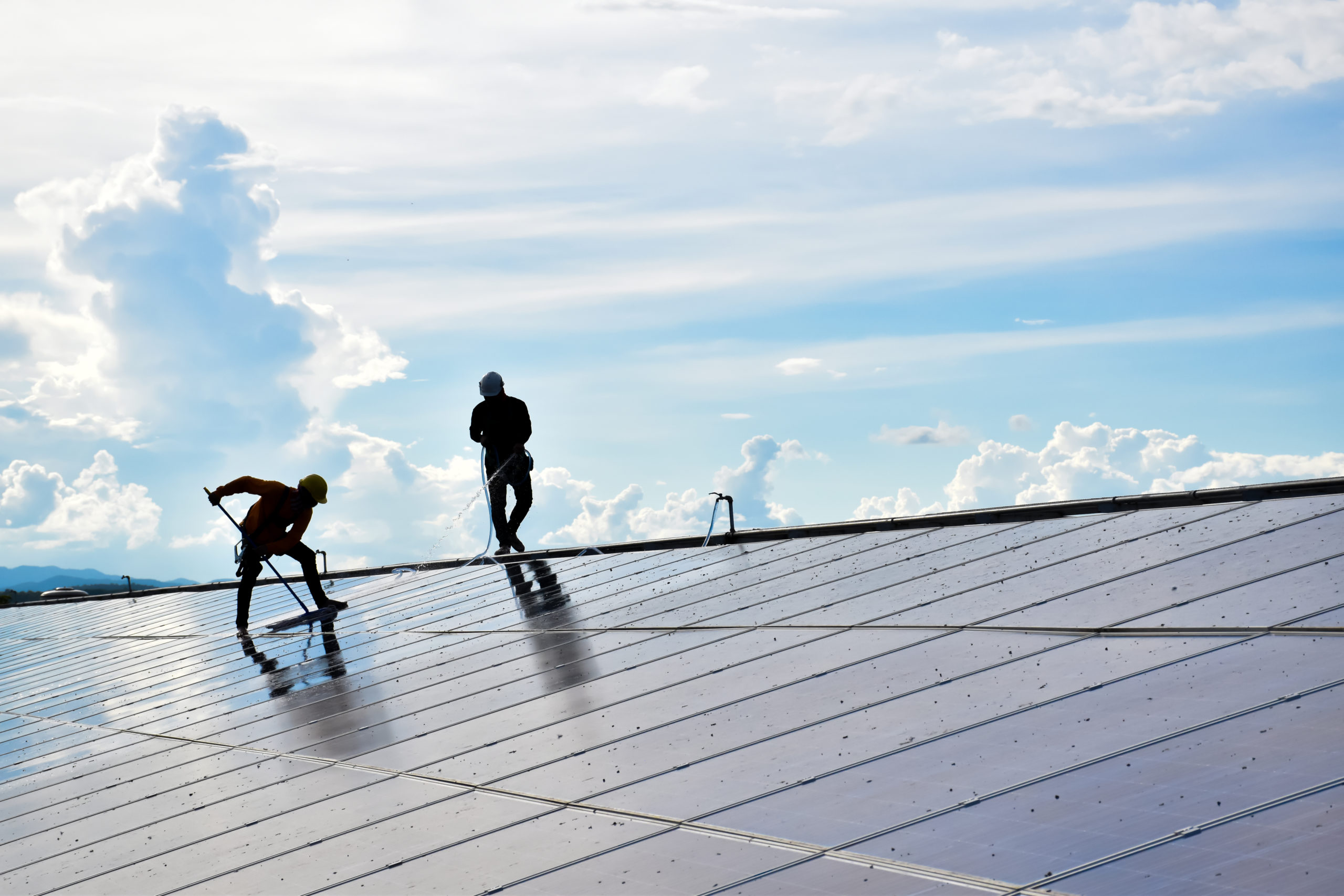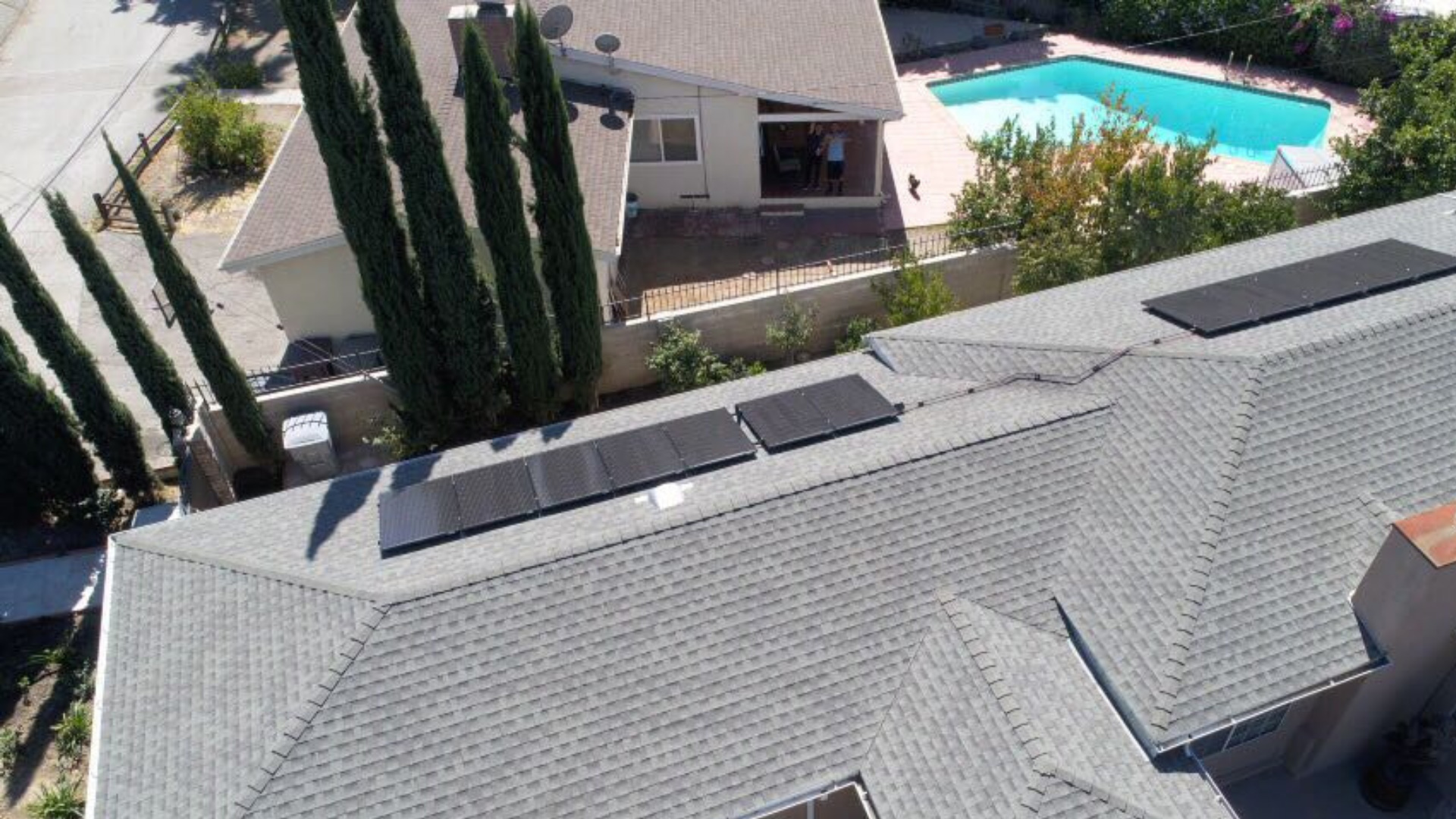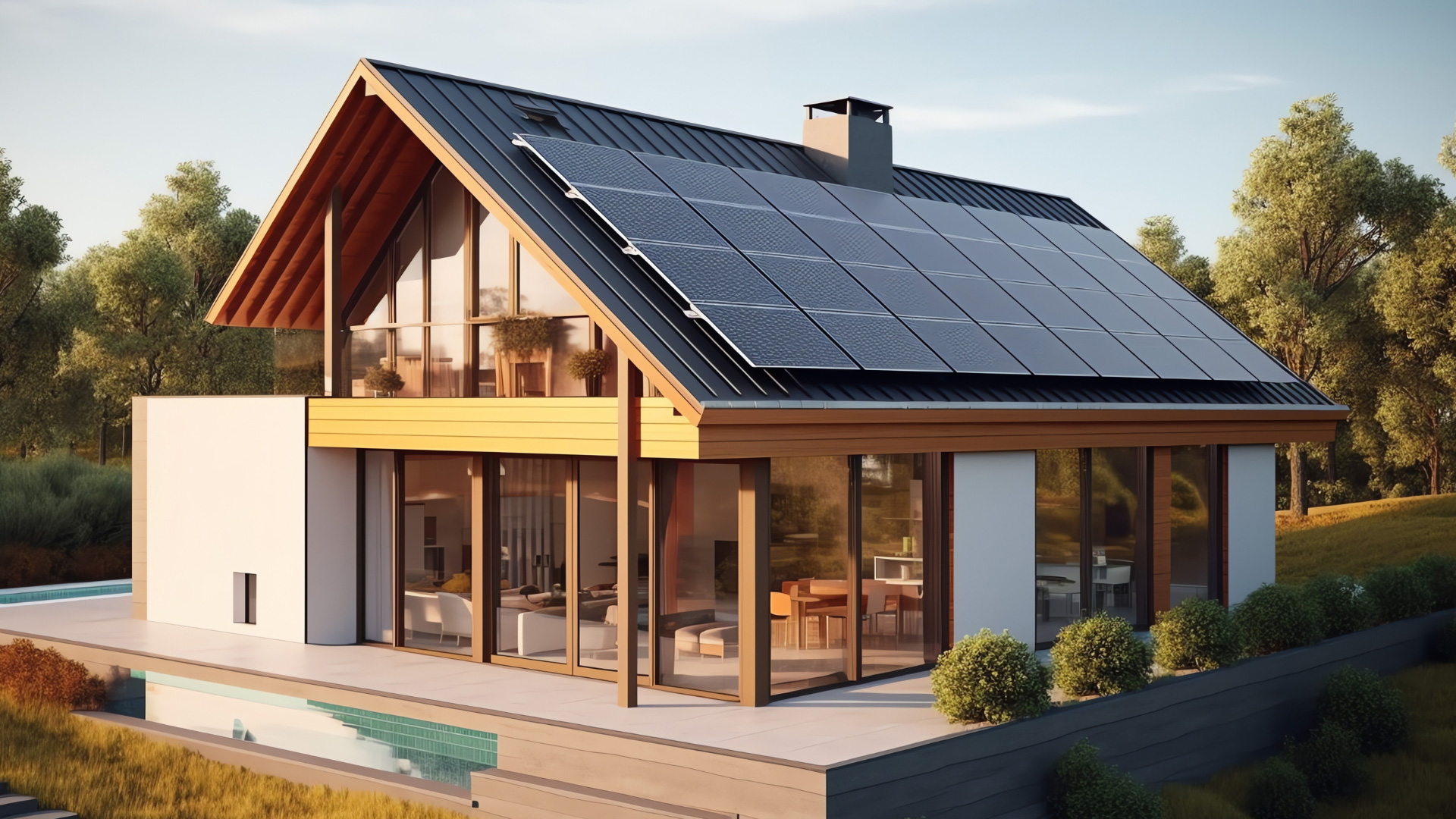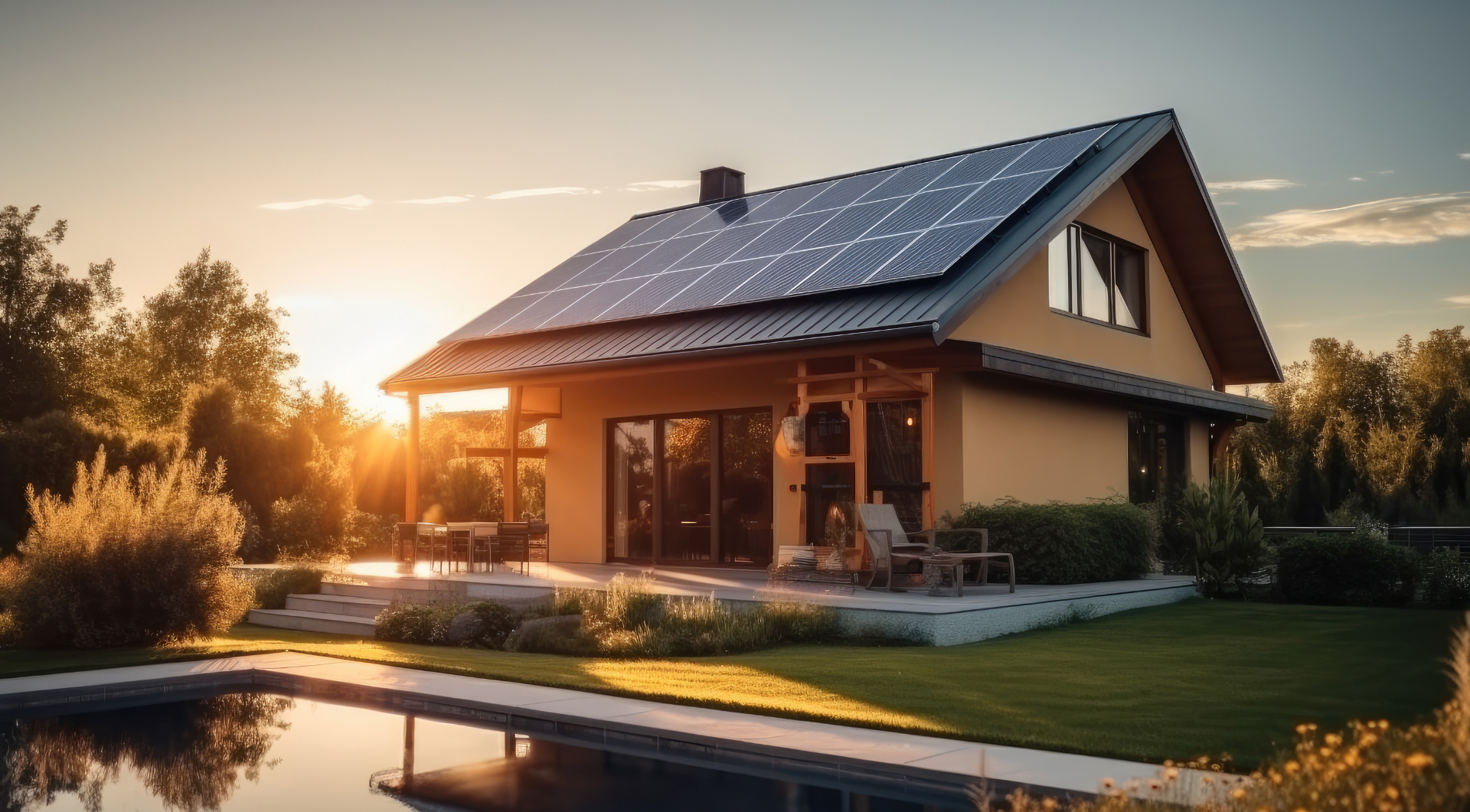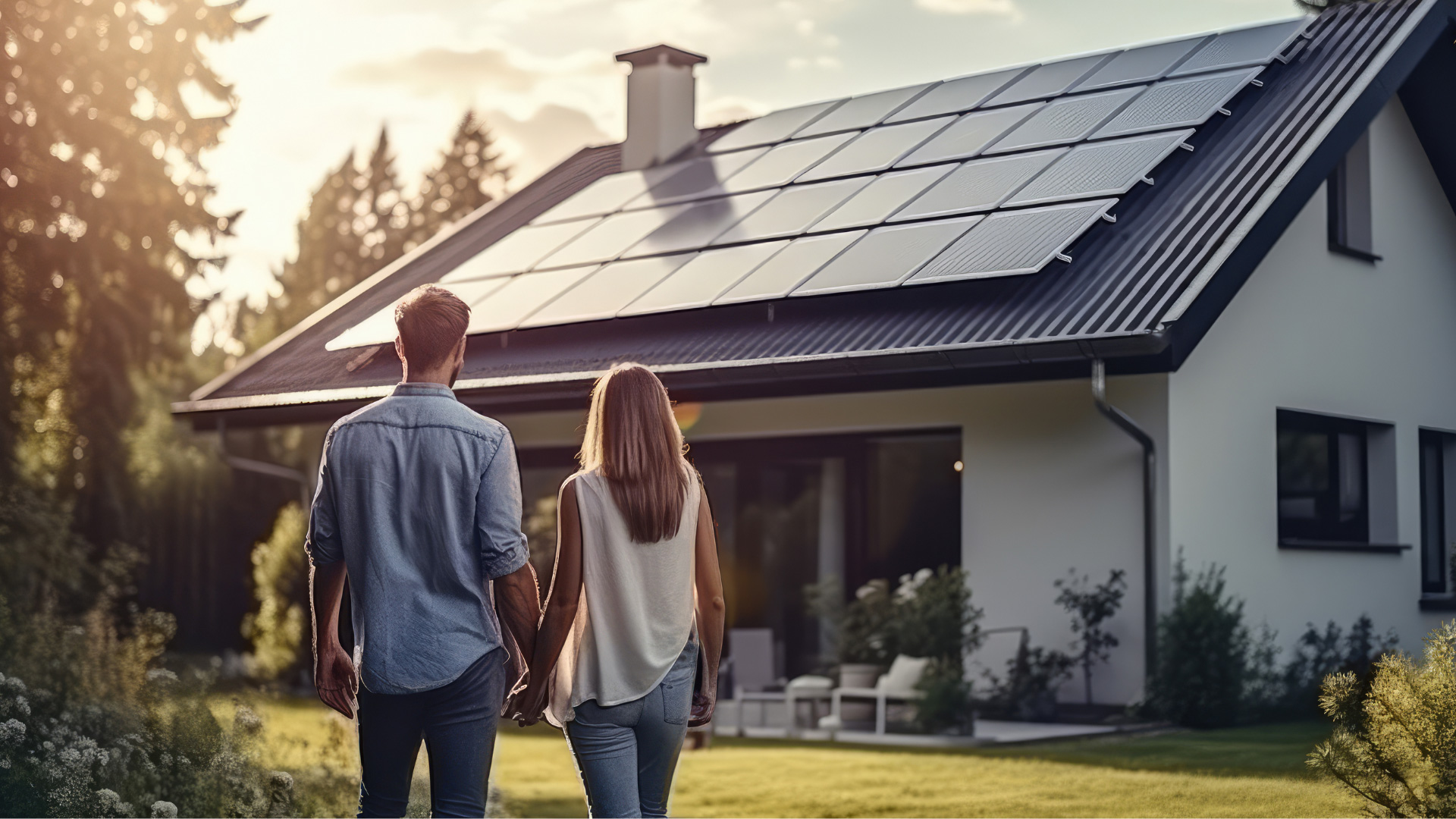Solar panels require maximum exposure to sunlight for optimum solar energy production. Anything that blocks the panels, including dust, can limit their exposure to sunlight, making them less efficient and reliable. Residential solar users need to learn how to clean solar panels. Here is a brief guide on cleaning solar panels without damaging them.
How to Clean Solar Panels
Solar panels are fragile, so it’s possible to unknowingly damage them when cleaning. Here is an overview of what you will need to safely clean your solar panels and a step-by-step guide on how to go about it.
Important Considerations before Cleaning
Your safety and the solar panels’ safety are the most important factors to consider when preparing to clean your solar panels. Most notably, solar panels installed on high roofs pose a personal safety risk of falling, resulting in bruises, broken bones, and even disability. To this end, it is essential to use safety equipment when cleaning the panels – however, it is more prudent to consult a professional.
The solar panels’ integrity also matters. They are made of glass and other fragile electrical components that can easily damage during cleaning. To this end, it is advisable to review the manufacturer’s cleaning instructions and get the recommended cleaning supplies.
Safety & Cleaning Supplies
You will need the following cleaning supplies to clean your solar panels without damaging them:
- An extension ladder, hard hat, and harness when working at an elevated height.
- A soft bristle brush.
- A sponge, soft cloth, or squeegee.
- A bucket of water or a garden hose connected to a tap.
- Gentle dish soap.
It is essential to ensure that you have all the necessary safety equipment if the panels are installed on the roof. It is also advisable to use soft, non-abrasive, and non-corrosive cleaning materials.
A Step-by-Step Solar Panel Cleaning Guide
Here is a step-by-step guide on how to clean the panels:
Step 1: Disconnecting Your Solar Panels
It is essential to power off the solar panels before cleaning to prevent electric shock. Make sure you shut down your solar pv system entirely according to the instructions in your user manual.
Step 2: Dislodging Dirt & Debris
Dust, grime, and debris may cover the solar panels, obstructing their exposure to sunlight and reducing efficiency by up to 30%. The first step involves dislodging the dirt and debris using the soft bristle brush. Be gentle when brushing the panels’ glass to avoid scratching or cracking. Try scrubbing hard-to-remove stains and grime.
Step 3: Spraying the Panels Clean
The next step entails washing the loose dirt and debris off the solar panels using a garden hose with running water. Applying gentle water pressure when spraying the dirt off your solar panels is advisable, as pressurized water jets can scratch and crack the fragile glass.
Step 4: Scrubbing Tough Dirt
Grime and tough stains may persist after the initial round of scrubbing and rinsing. Applying dish soap (or vinegar) on the panels and using a soft brush and sponge to scrub the tough stains usually works. It is also advisable to use a squeegee to remove the dirt and grime lodged in the solar panels’ tight spaces. Finally, rinse the soapy dirt off the panels using the garden hose.
Step 5: Testing
Finally, ensure that the solar panels are working correctly after cleaning. Reconnect the solar panels to the house’s grid and monitor their energy production for several hours. It is also advisable to consult an expert if you detect any problems with your solar panels after cleaning.
Solar Panel Maintenance Is Key
Regular solar panel maintenance is necessary to ensure your system is operating at peak efficiency. We recommend cleaning your solar panels regularly if you live in an arid region like the U.S. southwest, heavily wooded areas, or close to polluted areas (such as highways). Remember to take all the necessary safety measures before cleaning your solar panels.
Solar Optimum is a leading solar installer in California and Nevada. We offer an industry-leading 25-year warranty package that guarantees your solar system performance will match our estimates. Get in touch and speak with one of the Energy Coordinators today.

